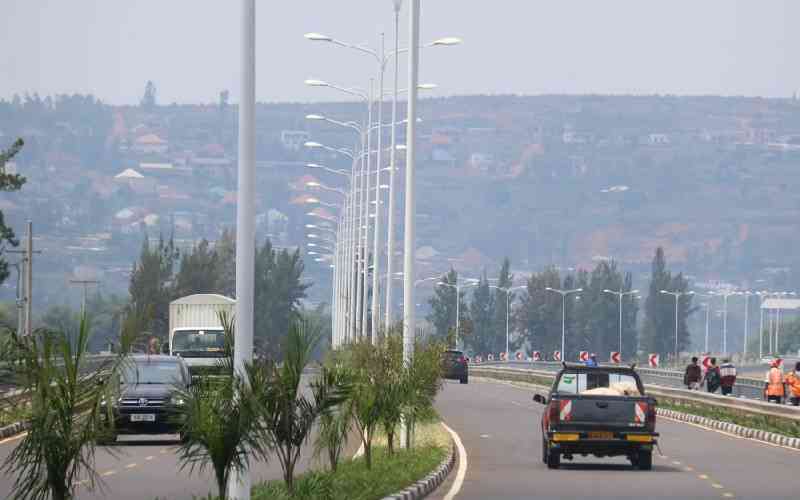
Audio By Vocalize

This past week, Roads and Transport Cabinet Secretary Kipchumba Murkomen was pilloried for his undiplomatic comments during a television interview about Paul Kagame's autocratic rule in Rwanda. A lot of the commentary focused solely on the potential diplomatic incident, and not the substance of Murkomen's comments. Many seemed to agree that Rwanda works because it is an autocracy.
The idea that Rwanda works is popular in the wider East African region. It is also patently wrong. Rwanda works not because Paul Kagame is an autocrat, but because he has built a working system of governance backed by a strong state. The Rwandan security state works, and has done a good job of fighting insurgents at home and abroad. The administrative state works because Kagame has staked his legitimacy on order and stability, given Rwanda's history of murderous genocides. And the economy sort of works, under the tutelage of two dominant conglomerates - one run by the ruling party (Crystal Ventures) and the other by the military (Horizon Group). The government also runs the Rwanda Investment Group, a joint venture with the private sector.
